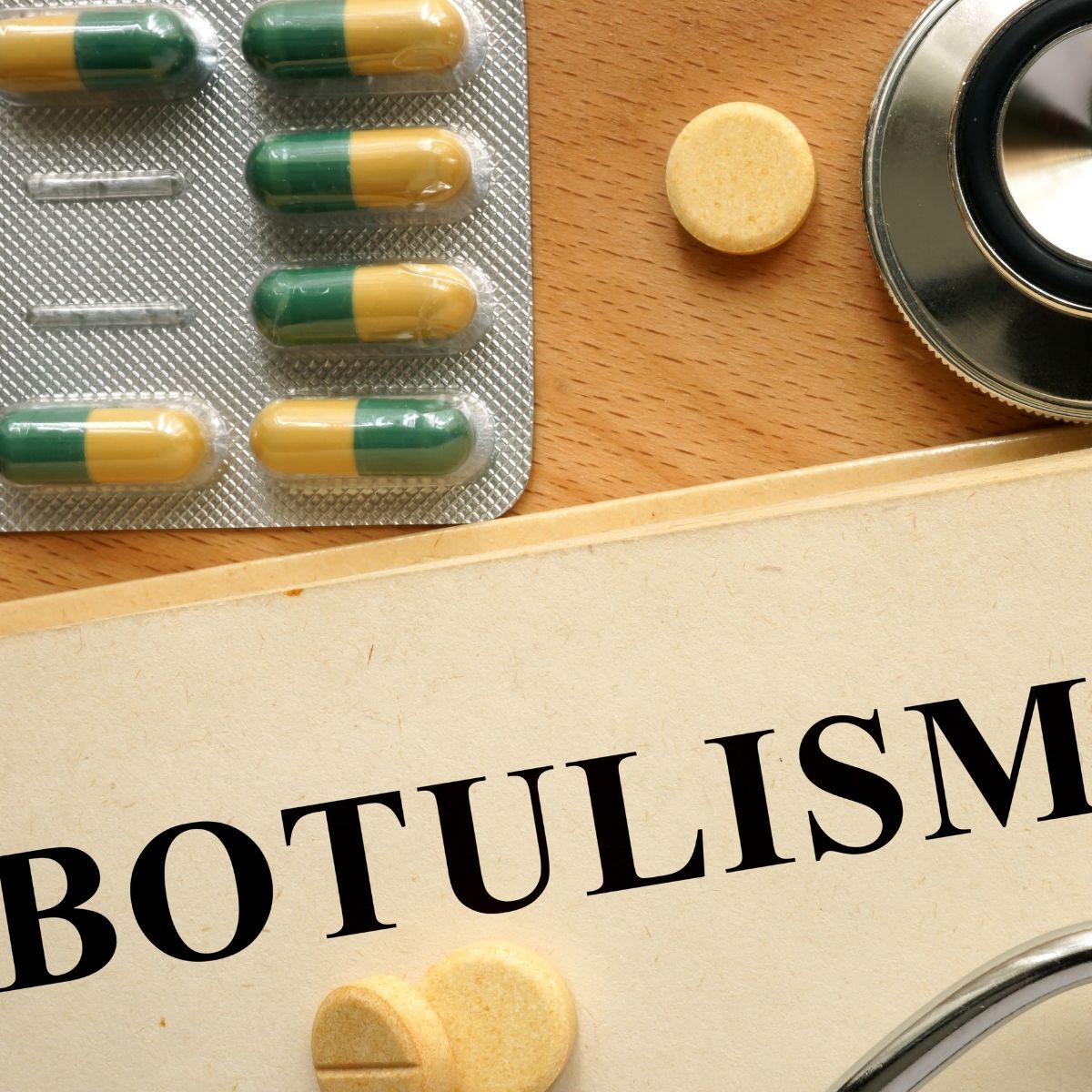Causes and risk factors
Botulism is caused by bacteria called clostridium botulinum which produces a toxin affecting the cranial nerves. Ingested bacteria release a neurotoxin in the intestine which is absorbed in the bloodstream causing botulism. It can occur due to four reasons – in infants due to ingestion of bacteria in the intestine during first year of life -consumption of honey during infant stage called as infant botulism; ingestion of contaminated or improperly preserved food – food borne, intravenous injection of drugs or wounds contaminated with bacteria causing wound botulism, inhalation by lab workers or improper strength of botox during cosmetic surgery.
Clinical presentation
Weakness of muscles of eye causing drooping of eyelids, double vision, weakness of muscles for chewing and swallowing, facial muscles causing slurred speech, dry mouth and throat, postural hypotension, constipation due to decreased peristalsis are some of the presenting features of botulism. Weakness then may spread to arms and legs. In severe cases paralysis of muscles of respiration causing dyspnoea, respiratory failure.
Investigation
Medical history by the patient and Clinical examination by the doctor helps in diagnosis. Stool culture in case of infant botulism. Diagnosis is done by identifying the bacterial toxin in food, stomach, intestinal contents, vomit or faeces.
Treatment
Treatment is done with antitoxin [human botulinum immunoglobulin], gastric lavage or enema if contaminated food is still present in gastrointestinal tract, ventilator support in case of respiratory failure. Paralysis recovers gradually.
Other Modes of treatment
The other modes of treatment can also be effective in treating paralysis caused by botulism. Homoeopathy is a science which deals with individualization considers a person in a holistic way. This science can be helpful in combating the symptoms. Similarly the ayurvedic system of medicine which uses herbal medicines and synthetic derivates are also found to be effective in treating botulism.
Recent updates
Antitoxins are available for the known seven toxins produced by clostridium botulinum until now but Scientists have discovered new toxin called botulinum neurotoxin type H or BoNT/H, antitoxin for which is not yet available.






























